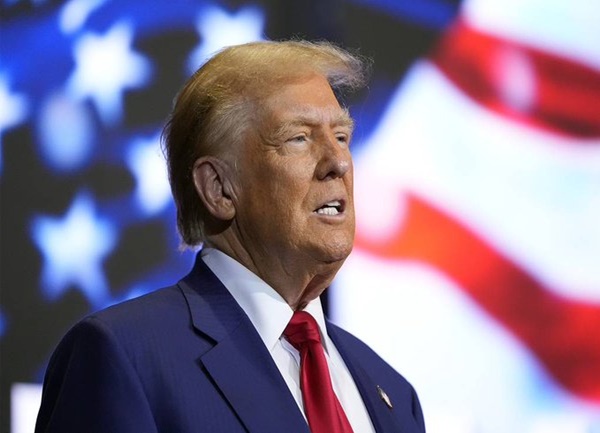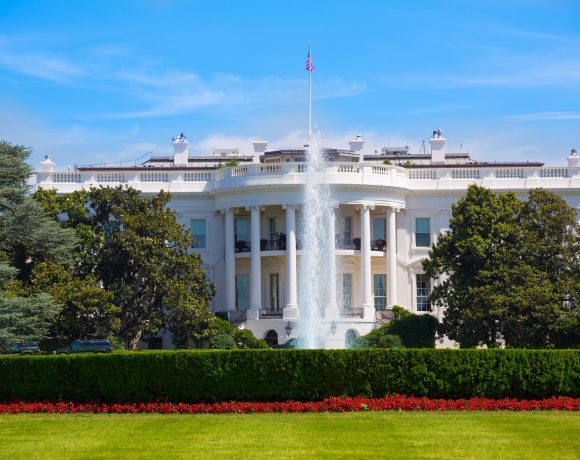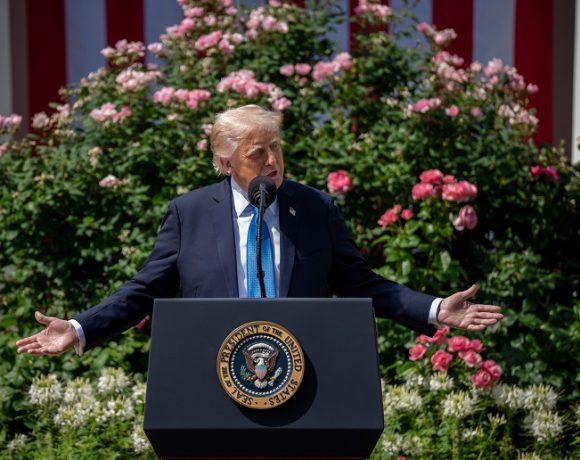
Trump Warns Pharma Firms to Cut Drug Prices or Face Action
U.S. President Donald Trump has issued formal public letters to 17 major pharmaceutical companies demanding that they reduce prescription drug prices in the United States within 60 days. He warned of serious consequences if the companies fail to comply by September 29.
Trump’s Five Demands to Pharma
In the letters, Trump laid out five specific expectations:
- U.S. drug prices must match or be lower than the lowest prices in other wealthy countries.
- American patients and federal health programs should benefit from these reduced rates.
- Companies must stop offering lower prices to other countries while charging more in the U.S.
- Excess profits earned abroad should be used to cut prices for U.S. consumers.
- Patients should be allowed to buy directly from manufacturers to eliminate middlemen.
The president emphasized that companies failing to meet these targets would face full use of government tools, including regulatory measures, enforcement action, and tariffs if necessary.
Push for Most-Favored-Nation Pricing
The warning builds on Trump’s executive order signed earlier this year, which introduced a “most-favored-nation” (MFN) pricing model. The model aims to ensure that Americans pay no more for prescription drugs than the lowest price charged in other advanced economies.
Trump argued that U.S. citizens currently pay two to three times more than people in Europe and Asia, calling the pricing structure unacceptable and unfair.
Market Response and Industry Reaction
The announcement led to a drop in share prices of several pharmaceutical companies. Novo Nordisk shares fell to their lowest level in four years. Industry bodies have expressed concern, warning that such demands could hurt innovation and reduce investment in life-saving medicines.
While some companies have signaled openness to dialogue, others believe implementing Trump’s demands may require legal reforms and major changes to global pricing strategies.
What Happens Next
If pharmaceutical firms do not act by the September 29 deadline, the administration is expected to move ahead with penalties and tougher trade measures. Analysts say the policy is likely to remain a focal point in the U.S. healthcare debate, with potential ripple effects for global drug pricing practices.


















